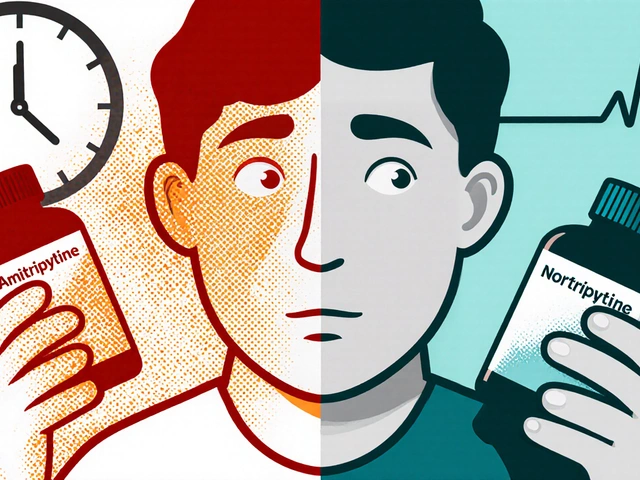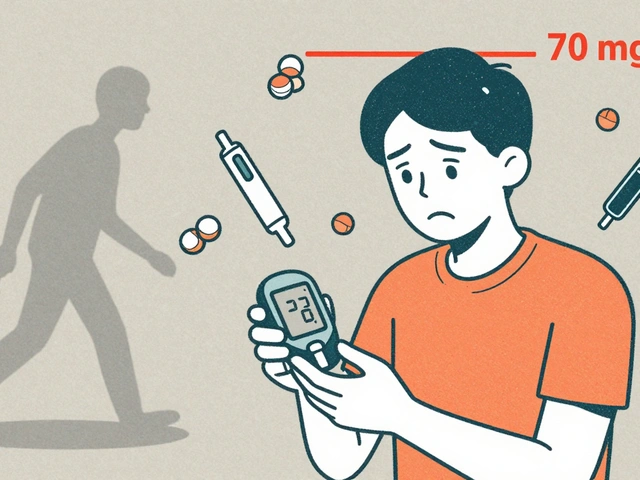SLE Medication: What Works, What to Avoid, and Real-World Options
When you’re living with systemic lupus erythematosus (SLE), a chronic autoimmune disease where the immune system attacks healthy tissues. Also known as lupus, it can affect your skin, joints, kidneys, heart, and brain — and managing it means finding the right SLE medication that balances control with safety. There’s no cure, but the right mix of drugs can keep flares under control and prevent long-term damage. Many people assume all lupus treatments are the same, but that’s not true. Some drugs target inflammation, others calm the overactive immune system, and a few even protect your organs from harm.
Hydroxychloroquine, originally an antimalarial, is the backbone of SLE treatment for most patients. It doesn’t just reduce rashes and joint pain — studies show it lowers flare frequency and may even improve survival. Then there are corticosteroids, like prednisone. They work fast, but long-term use brings risks: weight gain, bone loss, diabetes, and higher infection chances. Doctors try to keep doses as low as possible, often using them only during flares while switching to longer-term options. That’s where immunosuppressants come in — drugs like azathioprine, mycophenolate, and cyclophosphamide. They don’t give instant relief, but they help you taper off steroids and protect your kidneys, which is critical since lupus nephritis is one of the most serious complications.
Not all SLE patients need the same drugs. Someone with mild skin and joint symptoms might only need hydroxychloroquine and occasional NSAIDs. Someone with kidney involvement will likely need a stronger combo. And newer biologics like belimumab are changing the game for people who don’t respond to traditional treatments — but they’re expensive and not for everyone. What you’ll find in the articles below are real comparisons: how hydroxychloroquine stacks up against alternatives, why some patients stop corticosteroids early, and which immunosuppressants have the best safety record over time. You’ll also see how diet, stress, and sun exposure interact with these meds — because managing SLE isn’t just about pills. It’s about understanding how each drug fits into your daily life, what side effects to watch for, and when to push back if something isn’t working.

- Oct 29, 2025
- Posted by Cillian Osterfield
How Azathioprine Works in Lupus Treatment: A Clear Guide
Azathioprine is a proven, affordable immunosuppressant used to control lupus flares and reduce steroid dependence. It works slowly but effectively, making it a long-term staple for many patients, especially those with kidney involvement or planning pregnancy.
Categories
- Health and Wellness (72)
- Medications (72)
- Health and Medicine (28)
- Pharmacy Services (12)
- Mental Health (9)
- Health and Career (2)
- Medical Research (2)
- Business and Finance (2)
- Health Information (2)
Latest Posts
©2026 heydoctor.su. All rights reserved





